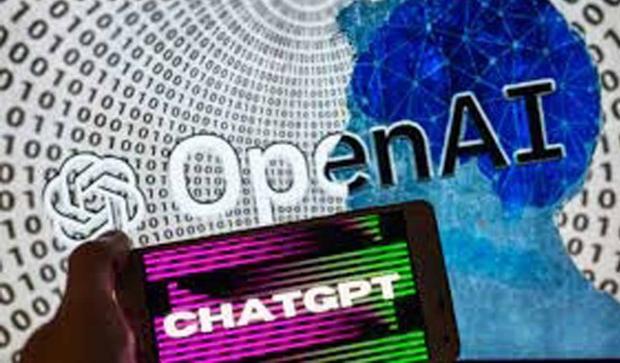
Breaking News
 America's Streets Are Filled With Poop, And Billions Of Gallons Of Untreated Wastewater...
America's Streets Are Filled With Poop, And Billions Of Gallons Of Untreated Wastewater...
 3 Million Pages of Child Sex Trafficking, So, What Is the FBI Doing?
3 Million Pages of Child Sex Trafficking, So, What Is the FBI Doing?
 Communists Once Again Suck At Hockey
Communists Once Again Suck At Hockey
 Grand Theft World Podcast 274 | Epstein Apocalypse with Guest Santos Bonacci
Grand Theft World Podcast 274 | Epstein Apocalypse with Guest Santos Bonacci
Top Tech News
 New Spray-on Powder Instantly Seals Life-Threatening Wounds in Battle or During Disasters
New Spray-on Powder Instantly Seals Life-Threatening Wounds in Battle or During Disasters
 AI-enhanced stethoscope excels at listening to our hearts
AI-enhanced stethoscope excels at listening to our hearts
 Flame-treated sunscreen keeps the zinc but cuts the smeary white look
Flame-treated sunscreen keeps the zinc but cuts the smeary white look
 Display hub adds three more screens powered through single USB port
Display hub adds three more screens powered through single USB port
 We Finally Know How Fast The Tesla Semi Will Charge: Very, Very Fast
We Finally Know How Fast The Tesla Semi Will Charge: Very, Very Fast
 Drone-launching underwater drone hitches a ride on ship and sub hulls
Drone-launching underwater drone hitches a ride on ship and sub hulls
 Humanoid Robots Get "Brains" As Dual-Use Fears Mount
Humanoid Robots Get "Brains" As Dual-Use Fears Mount
 SpaceX Authorized to Increase High Speed Internet Download Speeds 5X Through 2026
SpaceX Authorized to Increase High Speed Internet Download Speeds 5X Through 2026
 Space AI is the Key to the Technological Singularity
Space AI is the Key to the Technological Singularity
 Velocitor X-1 eVTOL could be beating the traffic in just a year
Velocitor X-1 eVTOL could be beating the traffic in just a year
ChatGPT's API Is Here. Let the AI Gold Rush Begin

WHEN OPENAI, THE San Francisco company developing artificial intelligence tools, announced the release of ChatGPT in November 2022, former Facebook and Oculus employee Daniel Habib moved quickly.
Within four days of ChatGPT's launch, Habib used the chatbot to build QuickVid AI, which automates much of the creative process involved in generating ideas for YouTube videos. Creators input details about the topic of their video and what kind of category they'd like it to sit in, then QuickVid interrogates ChatGPT to create a script. Other generative AI tools then voice the script and create visuals.
Tens of thousands of users used it daily—but Habib had been using unofficial access points to ChatGPT, which limited how much he could promote the service and meant he couldn't officially charge for it. That changed on March 1, when OpenAI announced the release of API access to ChatGPT and Whisper, a speech recognition AI the company has developed. Within an hour, Habib hooked up QuickVid to the official ChatGPT API.
"All of these unofficial tools that were just toys, essentially, that would live in your own personal sandbox and were cool can now actually go out to tons of users," he says.
OpenAI's announcement could be the start of a new AI goldrush. What was previously a cottage industry of hobbyists operating in a licensing gray area can now turn their tinkering into fully-fledged businesses.
"What this release means for companies is that adding AI capabilities to applications is much more accessible and affordable," says Hassan El Mghari, who runs TwitterBio, which uses ChatGPT's computational power to generate Twitter profile text for users.
OpenAI has also changed its data retention policy, which could reassure businesses thinking of experimenting with ChatGPT. The company has said it will now only hold on to users' data for 30 days, and has promised that it won't use data that users input to train its models.



